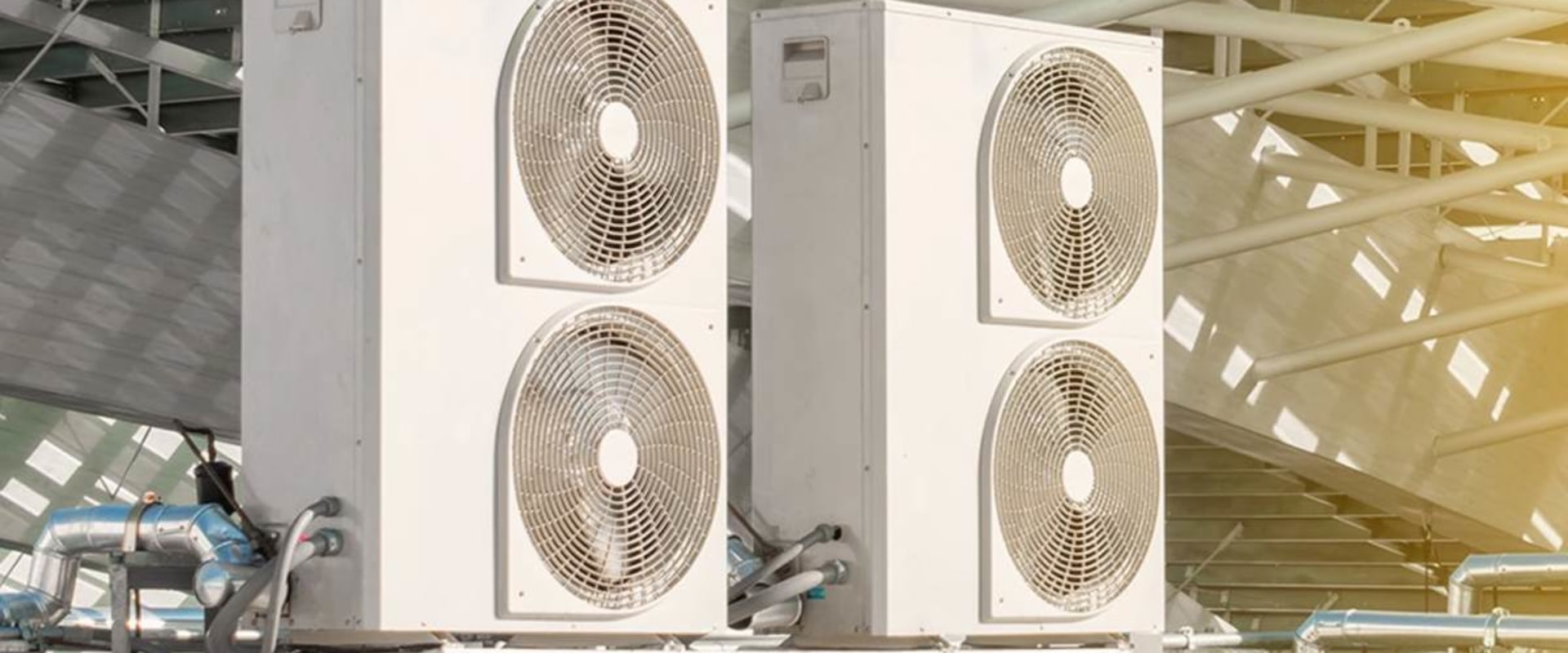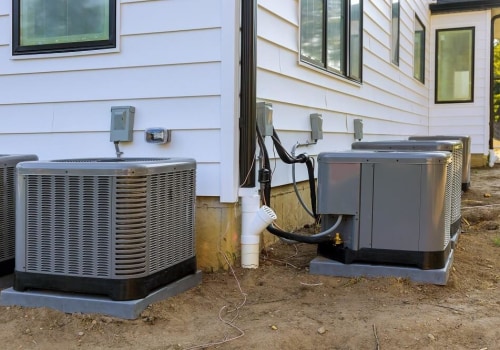By Following these tips, you can help make your commercial HVAC system more energy efficient and save money on your energy bills. An Energy Advisor can assist you in finding more ways to save energy, money, and the planet. Therefore, HVAC contractors may find it more cost-effective to focus primarily on residential customers. In fact, some home utility customers use control panels that record their energy consumption over time.
Depending on the region, replacing heating and cooling equipment with more efficient models can reduce energy consumption by 50% in electrical heating and cooling systems and by 10% in heating systems with gas ovens (EE). USA) See the resources below for guidance on how to select and install high-performance equipment and design effective energy efficiency programs around air conditioning. One of the most easily documented advantages is how air conditioning maintenance affects energy efficiency. Installations where proper air conditioning maintenance is completed will consume at least 15 to 20 percent less energy than those where systems are allowed to deteriorate.
If facility executives want to level the playing field, they should argue that investing money in air conditioning maintenance will provide the organization with a rate of return equal to or even higher than that promoted by others. Most heating and cooling technicians have found themselves in a situation where they are trying to convince a homeowner to properly seal the ducts, talk about improving a thermostat, or completing any other combination of HVAC system services to help improve the overall operation of their unit, but have made customers hesitate to assume those HVAC service costs. While facility executives know that it is much better to schedule maintenance activities using planned and predictive maintenance tools, most continue to dedicate most of their resources to operating reactively. Sometimes, the difference between keeping a business running and having to shut down is nothing more than proper maintenance of the air conditioning system.
As an expert in HVAC systems, I understand how regular maintenance can help extend the life of a unit and reduce a customer's energy bills. However, convincing customers of the importance of routine HVAC maintenance services can be difficult. Facility executives should be able to demonstrate the consequences of ignoring air conditioning system maintenance and, at the same time, identify the real cost savings that come with comprehensive maintenance. The cost of regular service for routine maintenance of air conditioning systems is nominal when compared to the savings that can result both in the utility bill and in future repairs.
This case study describes how the Midwest Energy Efficiency Alliance (MEEA) partnered with Iowa gas and electric companies to establish the Iowa HVAC Systems Verified Efficiency and Adjustment Program (HVAC SAVE), expand it, and improve the performance and energy efficiency of HVAC systems, while helping local contracting companies to grow and gain consumer trust. Organizations that have implemented comprehensive predictive and planned maintenance programs show dramatic reductions in maintenance costs. From there, if things go well, an HVAC contractor who is also a business owner could decide to create a new commercial branch of Energy Efficiency as a Service (EEaaS). This approach to maintenance with respect to HVAC systems is particularly concerning given the role that HVAC systems play in today's installations.
The ENERGY STAR Verified HVAC Installation Program (ESVI) provides utilities with a platform to expand their residential energy efficiency programs, in addition to offering discounts and incentives for HVAC equipment. The most commonly cited reason for not performing routine and preventive maintenance on HVAC equipment is a lack of resources. Proper maintenance of air conditioning systems requires careful planning and a vision of the future, and both of these things are lost when maintenance is considered nothing more than an overhead expense.




